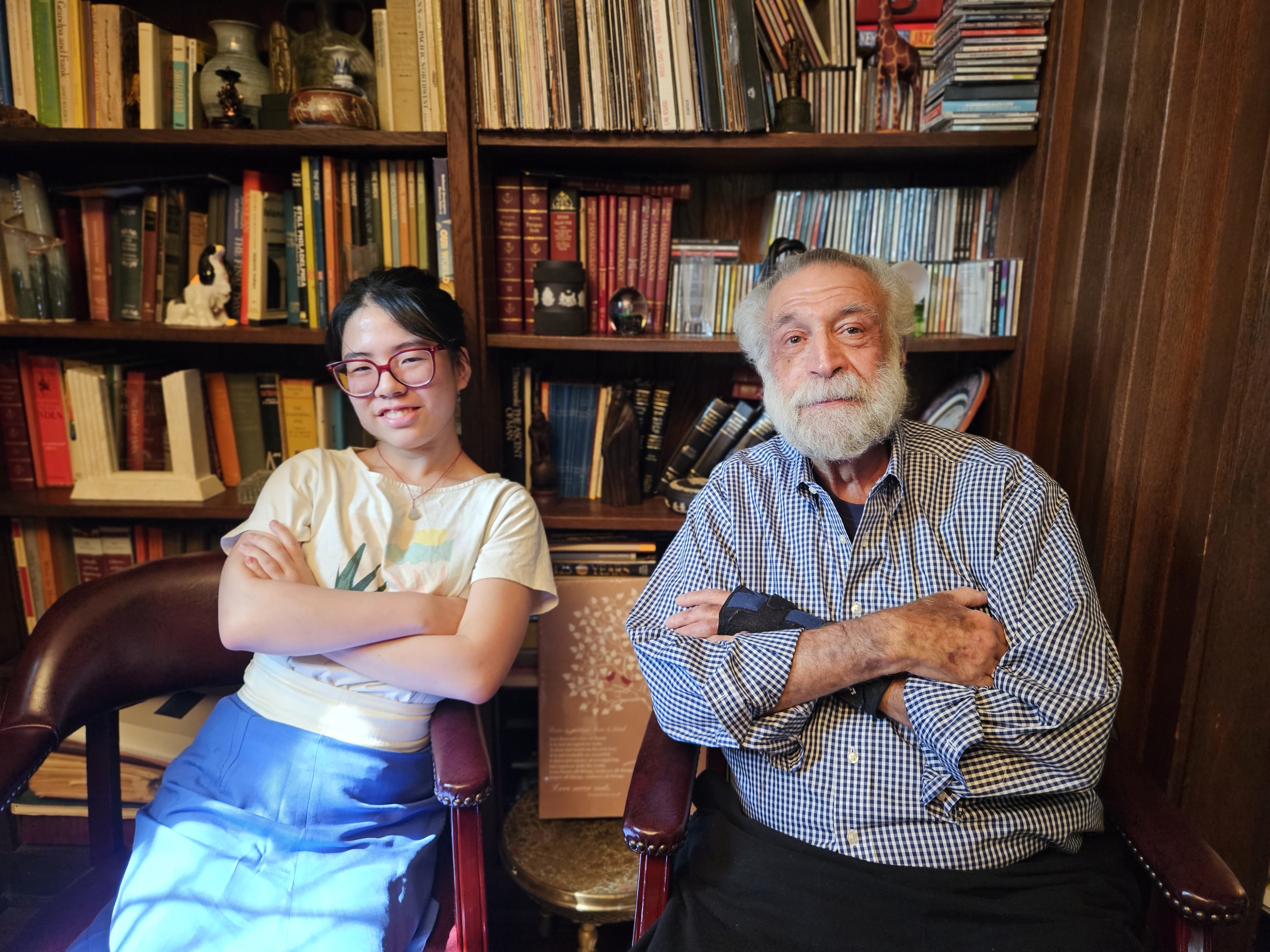Highlights:
- Type 2 diabetes patients who use GLP-1 drugs have a lower risk of most obesity-related cancers than those who use insulin.
- The risk of most types of cancer was similar between GLP-1 and metformin users.
Patients with type 2 diabetes who use GLP-1 receptor agonists have a lower risk of 10 obesity-related cancers compared with those who use insulin, according to data released November 24, 2010. JAMA Network Open.
“This study adds to the growing body of evidence supporting the pleiotropic effects of GLP-1 receptor agonists in cancer prevention.” Lindsay Wang “For patients with type 2 diabetes, particularly those who are obese, GLP-1 receptor agonists may offer a protective effect against certain cancers. For patients at high risk for obesity-related cancers, clinicians may consider prioritizing GLP-1 receptor agonists over other diabetes medications, such as insulin,” a pre-professional undergraduate student at Case Western Reserve University told Healio.

Wang and colleagues conducted a retrospective cohort study of de-identified electronic health records on the TriNetX platform. Patients with type 2 diabetes who were prescribed GLP-1 receptor agonists, insulin, or metformin between March 2005 and November 2018 and had no history of obesity-related cancer were included (mean age 59.8 years, 50.1% male). The researchers collected diagnoses of 13 types of obesity-related cancer. Two analyses were performed using propensity score matching for baseline covariates. In the first analysis, patients using GLP-1 and not using insulin were matched 1:1 with patients using insulin and not using GLP-1. In the second analysis, patients using GLP-1 and not using metformin were matched 1:1 with patients using metformin and not using GLP-1.

Co-authors are Lindsey Wang and Nathan Berger, MD. Source: Lindsay Wang
Compared with those using insulin, those using GLP-1 receptor agonists had a lower risk of gallbladder cancer (HR = 0.35; 95% CI, 0.15-0.83), meningioma (HR = 0.37; 95% CI, 0.18-0.74), pancreatic cancer (HR = 0.41; 95% CI, 0.33-0.5), hepatocellular carcinoma (HR = 0.47; 95% CI, 0.36-0.61), ovarian cancer (HR = 0.52; 95% CI, 0.03-0.74), colorectal cancer (HR = 0.54; 95% CI, 0.46-0.64), multiple myeloma (HR = 0.59; 95% CI, 0.44-0.77), and esophageal cancer (HR = 0.6; 95% CI, 0.02-0.76). The risks of endometrial cancer (HR = 0.74, 95% CI, 0.6-0.91), and kidney cancer (HR = 0.76, 95% CI, 0.64-0.91) were higher in women with ≥ 2 diabetes mellitus (p = 0.01; 95% CI, 0.42-0.86), endometrial cancer (HR = 0.74, 95% CI, 0.6-0.91), and kidney cancer (HR = 0.76, 95% CI, 0.64-0.91). No differences were found between the two groups for the risks of gastric cancer, postmenopausal breast cancer, and thyroid cancer.
“A particularly noteworthy association was the significant reduction in risk of multiple gastrointestinal cancers, including colorectal, esophageal, gastric, gallbladder, liver and pancreatic cancer,” Wang said. “This is particularly important given that these cancers often have poor prognoses. Surprisingly, we found no association between GLP-1 receptor agonists and breast cancer risk.”
Those prescribed GLP-1 had a higher risk of kidney cancer compared with those taking metformin (HR = 1.54; 95% CI, 1.27-1.87). No differences in risk were found between the two groups for other obesity-related cancers.
Wang said several types of studies are needed to further explore the link between GLP-1 and obesity-related cancers.
“Prospective randomized clinical trials are essential to confirm these associations and establish causality,” Wang said. “Preclinical studies are needed to elucidate the underlying mechanisms. Additionally, studies investigating the newer, more potent weight-loss GLP-1 receptor agonists semaglutide (Ozempic/Wegovy, Novo Nordisk) and tirzepatide (Maunjaro/Zepbound, Eli Lilly) will be particularly important.”


